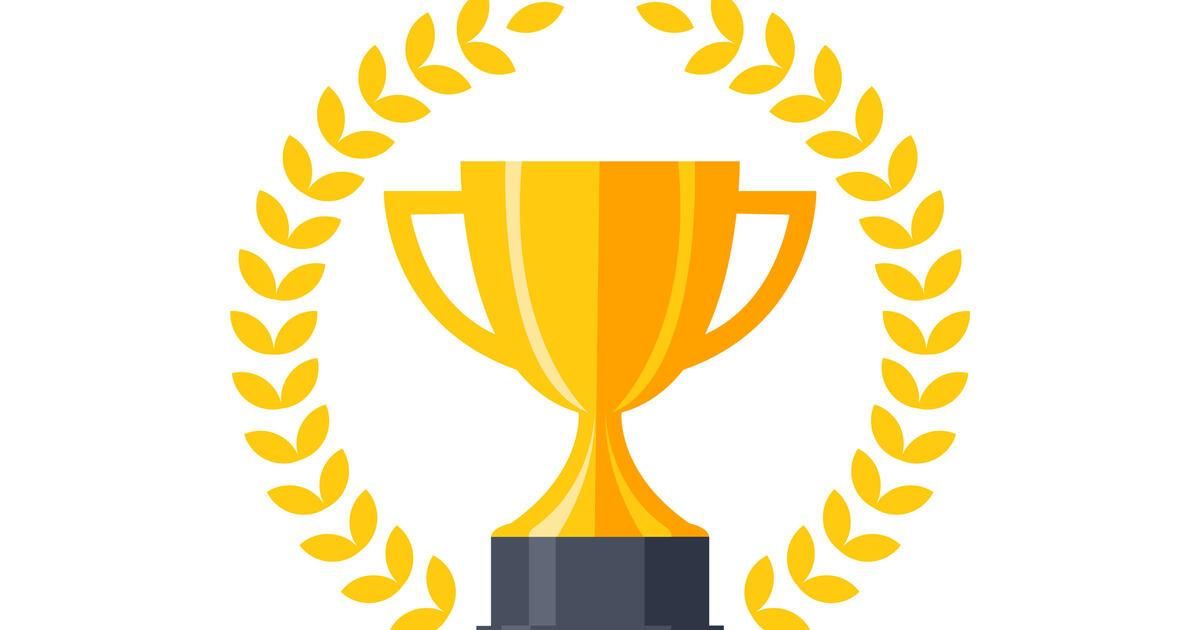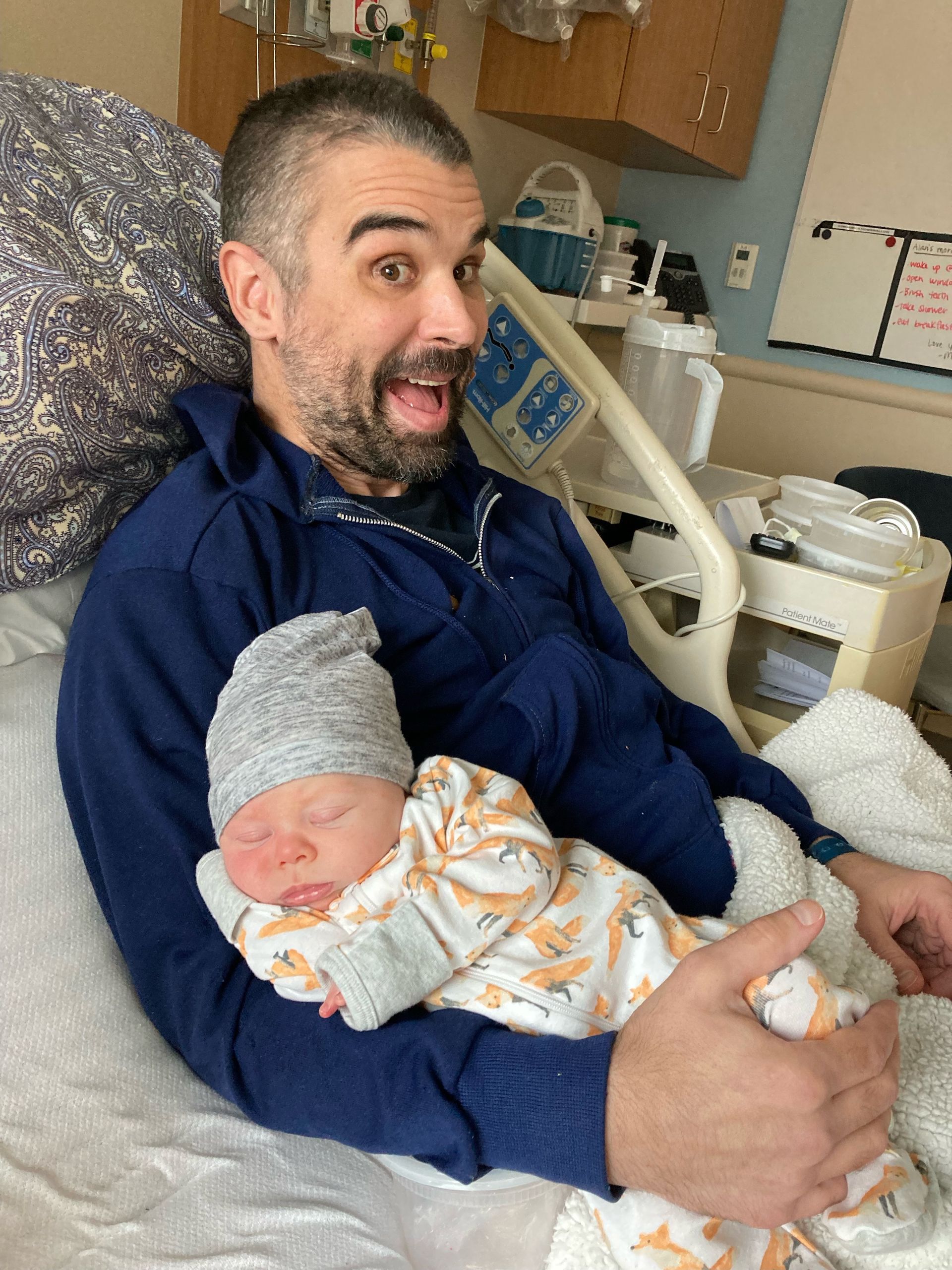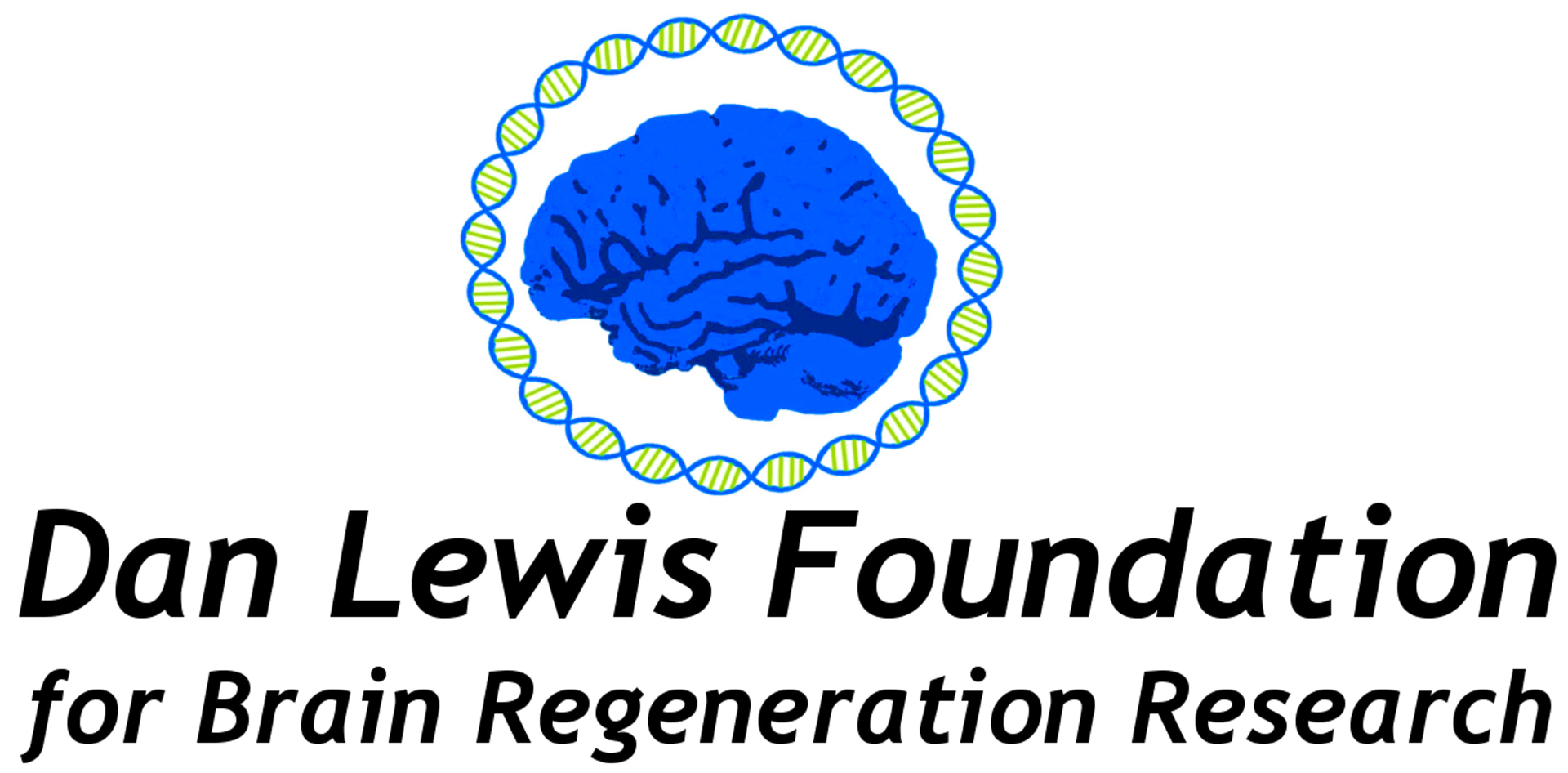
Overcoming the Barriers in Making New Neurons in the Adult Brain: Lessons from Nature
Almost 100 years ago, the father of modern neuroscience Santiago Ramón y Cajal, a Spanish physician, recognized that the injured brain could not repair or regrow damaged neurons. Cajal stated, “In adult centers the nerve paths are something fixed, ended, immutable. Everything may die, nothing may be regenerated. It is key for the science of the future to change, if possible, this decree.”¹ Cajal recognized that for individuals with devastating brain diseases or brain injuries, there was little that could be done to repair or regenerate neurons. He proposed that it was up to future scientists to solve the problem of regeneration. There lies Cajal’s Challenge.
The Federation of European Neuroscience Societies (FENS) will meet in Vienna from June 25th to 29th, covering all areas of neuroscience from basic to translational. On June 24th, a one-day pre-FENS workshop will be held with 100 young researchers. This one-day meeting, started in 2021, is designed to create a strong and interactive community among young researchers in the fields of neurogenesis and glia to neuron conversion in Europe, the U.S., and beyond. Our vision is to promote the free exchange of ideas and results among the research groups working in this area. Neurogenesis and Glia-to-Neuron conversion is one of the most exciting research fields of our times.
Cajal’s Challenge Speakers:
Alejandro Schinder, PhD
Benedict Berninger, PhD
Don Cleveland, PhD
Enric Llorens, PhD
Elly Tanaka, PhD
Magdalena Gotz, PhD
Noelia Urban, PhD
Sumru Bayin, PhD
Sofia Grade, PhD
Sven Falk, PhD
For more information and free registration:
https://roymaimonel.wixsite.com/cajalschalange
1. Ramón y Cajal S.
Degeneration and Regeneration of the Nervous System.
Haffner Publishing Company, New York, NY1926


